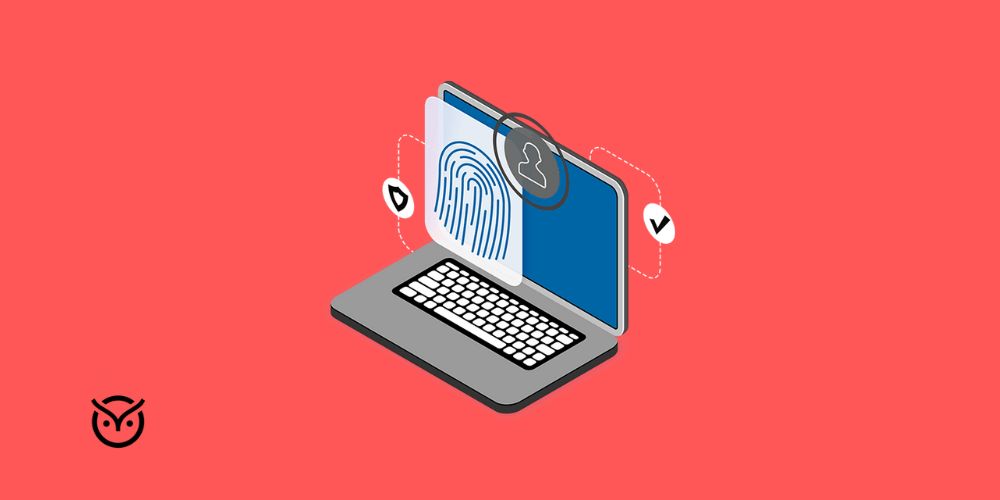
TL;DR
- Efficient digital evidence storage for recruitment keeps interview recordings safe.
- Recruiters need strong storage because video interviews hold sensitive information.
- Clear permissions and clean folder systems reduce confusion.
- Talent assessment platforms help teams connect scoring steps with secure storage.
Hiring teams collect more digital evidence today than ever before. Video interviews, audio clips, and skill recordings grow quickly and can overwhelm busy recruiters. Without clear systems, these files get lost or sit in unsafe places. This creates stress for HR teams and can put candidate information at risk. Trends in modern platforms show similar concerns about GDPR compliant video interview tools.
A solution comes from using better systems. Tools built for secure storage help HR teams keep every recording safe and easy to find. In this blog, you will learn how to build efficient digital evidence storage for recruitment so that interview files stay protected and organized while supporting smooth hiring.
Why Recruiters Need Secure Interview Recording Storage
Interview recordings contain personal information such as voice, face, and answers to job-related questions. Because this information is sensitive, it must be stored with care.
Recruiters also need storage because interview recordings help verify hiring decisions. They support fair scoring because multiple reviewers can check the same recording. This reduces misunderstandings and helps teams choose the best candidates with confidence.
Another reason is compliance with global privacy rules. A 2022 study from the International Association of Privacy Professionals noted that over 70 percent of companies store candidate data without clear permissions, which raises risk for teams.
Keeping recordings in safe systems removes this risk. Solid storage also improves teamwork because anyone with the right permission can review the same file. Recruiters no longer depend on random folders or personal drives.
This is one of the reasons companies need efficient digital evidence storage for recruitment, as hiring grows more digital. These same ideas about fairness in storage connect to points raised in bias in hiring algorithms.
What Proper Evidence Storage Looks Like
Proper storage follows a few simple ideas. The first idea is that recordings should be stored in a safe space. This means using a platform that protects files with encryption. Encryption keeps files readable only to people with access.
A 2024 report shared that strong encryption remains the most effective way to protect stored digital evidence.
The next idea is a clear folder structure. Recruiters should be able to find recordings by role, date, or candidate name. When everything is arranged cleanly, the team works faster and avoids losing files.
Another part of proper storage is permission control. Recruiters must know which systems provide interview recording storage with permissions control since this helps stop unwanted access. Permissions also reduce mistakes because only people involved in the hiring step can open the file.
Good systems also keep track of file history. This can show when a recording was added, viewed, or deleted. These logs support safe hiring and help show that the company respects candidate data. Many of these principles connect with how audit logs support HR teams, as seen in audit log systems in recruitment compliance.
Backup systems matter too. If something goes wrong, the platform should let teams recover files without trouble. When a platform includes all these features, it supports efficient digital evidence storage for recruitment by keeping every recording in the right place.
How Talent Assessment Platforms Integrate With Storage Systems
Recruiting teams use talent assessment platforms to test skills and understand candidate strengths. These platforms often include video questions, audio tasks, or coding challenges. When these files are created, the system must store them safely. This is why integration between assessment tools and storage systems is important.
Talent assessment platforms send the files directly to approved storage spaces. This stops the recruiters from downloading recordings to personal devices. It also keeps everything clean and systematic, as all the files are saved under the correct job and candidate name, all by itself.
A 2023 report from Gartner noted that over 60 percent of HR tools will rely on connected storage systems by 2025, which means these integrations are becoming the normal way to work.
These platforms also help HR teams follow privacy rules. Many tools allow candidates to agree to recording before starting the interview. Once the file is saved, the platform keeps it protected.
Another benefit is easier collaboration. Because recordings sit in one safe place, the assessment team and the hiring manager can both check the same file. This avoids confusion and makes scoring fairer.
Best Practices for Managing Interview Evidence
Creating a strong evidence system doesn’t need to feel complicated. A few best practices can make every step smoother.
Keep Files in One Trusted System
Recordings should not be safe on multiple laptops or drives. One trusted system keeps everything clean and secure.
Name Files Clearly
File names should include role and candidate name. This makes searching simple.
Use Permissions Wisely
Only give access to people who need to view the file. This protects candidate privacy and improves teamwork.
Delete Old Evidence
Recordings should not stay forever. When the hiring cycle ends, files can be removed following company policy. This reduces storage costs and protects sensitive data.
Keep History Logs
Logs show when files were viewed or downloaded. This helps HR teams track important steps.
Review the System Often
As hiring grows, the storage needs also grow. HR teams can review their system each year to make sure it still fits their needs.
Conclusion
Recruitment depends on clear digital evidence today. Interview recordings save time, improve fairness, and help teams make confident decisions. Without safe storage, though, these recordings can become a risk for HR teams.
Using good systems creates a better experience. Teams can store files safely, share them with the right people, and remove them once they are no longer needed. Talent assessment platforms also support these steps by connecting recordings directly to safe storage.
FAQs
Q1. Why do companies store interview recordings?
They help verify decisions and support fair hiring. They also let multiple reviewers check the same interview without repeating the session.
Q2. Can recruiters restrict who views recordings?
Yes. Most modern systems allow HR teams to control who can open, view or share files which protects sensitive information.
Q3. Do candidates need to consent to recordings?
Candidates must be informed that their interview will be recorded therefore a consent is needed before storing any recording.
Q4. Is digital evidence storage secure?
It is secure when using trusted platforms with encryption clear permissions and strong backup systems that keep recordings protected.




